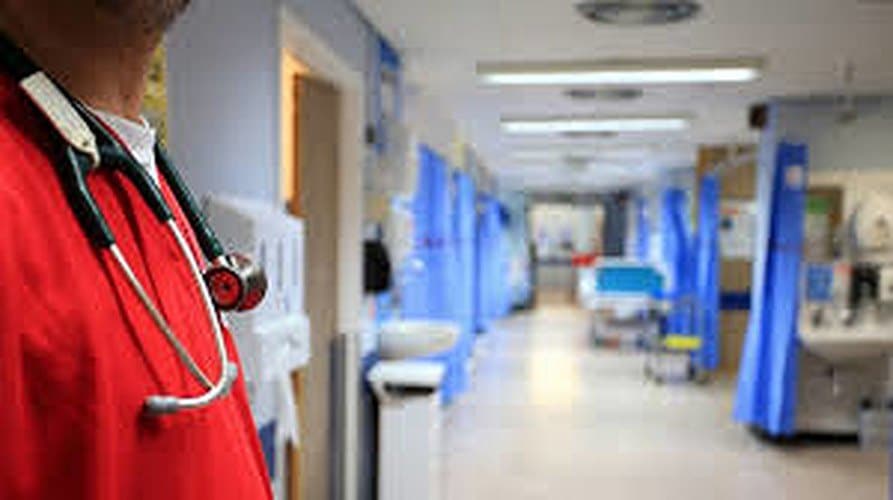Hospitals warn over pressure of patient numbers
A third of hospital trusts in England issued alerts warning they needed urgent action to cope with the pressure of patient numbers last month.

In the most serious cases – seven of the 50 trusts that issued alerts – the hospitals declared they were unable to give patients comprehensive care.
BBC Radio 4’s Today programme has been told operations have been cancelled and patients left waiting on trolleys.
NHS England said tried-and-tested plans were managing the pressures.
Dr Taj Hassan, president of the Royal College of Emergency Medicine, said there was an “absolute and urgent need” to help emergency departments.
He warned that patients in affected hospitals could face delays in receiving pain relief and antibiotics.
“We entered this winter in the worst state of affairs possible,” Dr Hassan told Today.
“Staff are working at the very limit of their capabilities.”
The Nuffield Trust health think tank released an analysis of the figures.
A new system of recording the pressure on trusts is in place this winter, known as Operational Pressures Escalation Levels.
It replaces the traditional system of hospitals declaring black or red “alerts”.
The Nuffield Trust said NHS England figures showed 50 hospital trusts had declared they were experiencing major pressures, compromising the flow of patients, and had to take urgent action.
Patients ‘getting sicker’Of those, seven faced so much pressure they were unable to deliver comprehensive care and there was a higher chance of putting patients’ safety at risk.
It said that although there were not directly comparable figures, as the reporting regime had changed, an analysis of two weeks in December suggested trusts declared alerts on more days than they did under the old system the previous winter.
Joe Harrison, chief executive of the Milton Keynes Hospital NHS Foundation Trust, said patients were “struggling” to get out of hospital to go home or into another form of care.
“We have significant numbers of patients needing hospital beds, putting pressure on the system,” he told Today.
“Patients coming through our doors are clinically sicker,” he added.
“They have got more things that need looking after and tend to stay longer in hospital.”
Milton Keynes Hospital is currently at 92% bed occupancy.
“We should be at 85% routinely, but quiet times are unfortunately becoming fewer,” Mr Harrison said.
A spokeswoman for Northampton General Hospital said it had been running at a high alert level since Monday, with an unprecedented number of seriously ill patients.
Royal College of Emergency Medicine president Dr Taj Hassan said he had met NHS England chief executive Simon Stevens and suggested emergency social care funding to help move patients out of hospital after treatment.
A spokesman for NHS England said: “NHS tried-and-tested plans are currently managing the ongoing pressures of this winter.
“Going into the new year, the public can play their part by avoiding going to A&E unless it is an emergency and using local pharmacies and NHS 111 for medical advice.”